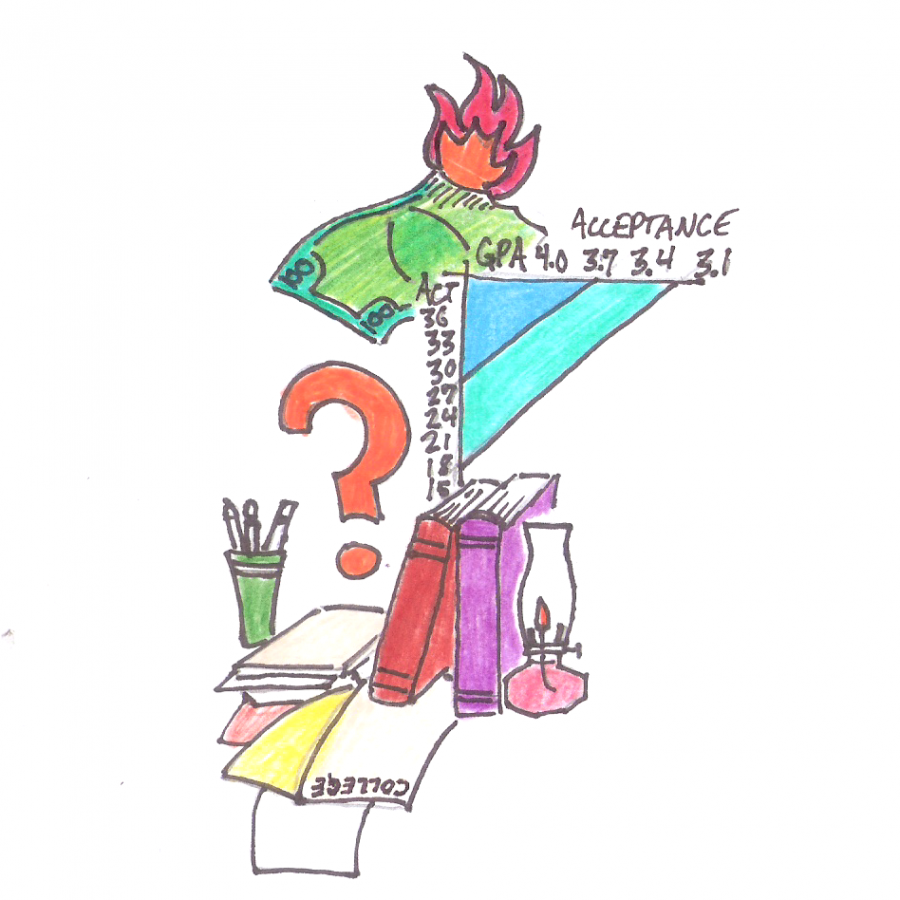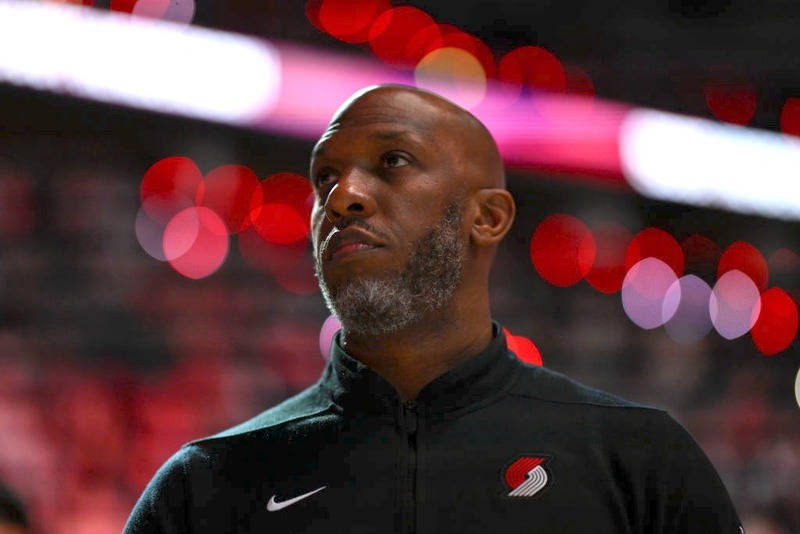College Applications: Don’t Stress Please
October 23, 2017
Of all the academic shadows that loom over a high school student’s head, there aren’t many darker than the process of applying for college. Not that it isn’t justified; we’re talking about thousands of dollars, millions of possibilities, and most important, your future. There’s a reason why this is the bane of many seniors’ existences. But college applications, while important, should not be something you lose hours, or even days, of sleep over if all you want is a good education. Unless your goal is to attend a prestigious or extremely selective college (and I wish those of you the best of luck), there are ways to decide on where you want to continue your education without significantly shortening your lifespan. You have the rest of your life to live. Let’s make sure you don’t stress yourself out before it even begins.
The most important part of lowering your stress about college is to have the mindset that you are applying to colleges based on what you want to study. Again, if you want to apply to a prestigious college or one with a low acceptance rate, I respect that. This is simply one way to make all of this easier. For example, let’s say you want to become a lawyer. On the list of colleges with the best pre-law programs, top schools like Harvard, Yale, and University of Chicago make an appearance, but Willamette University (Salem) and Whitman (Walla Walla, Washington) are also on there. They are not nationally renowned, yet when it comes to law, their programs are in the same league as some of the most respected colleges in the United States. In undergraduate psychology, University of Minnesota (Minneapolis), University of Washington (Seattle), and University of Oregon make the top 20 alongside Stanford and Columbia. Carroll College (Helena, Montana) and Ursinus College (Collegeville, Pennsylvania) are among the top pre-medicine schools with Brown and Duke. This demonstrates that a good education does not have to come from the best of the best. When you consider that there are over 3,000 four-year colleges in the U.S., gunning for the top 15 or 20 means you’re trying for the top one percent or less. Factor in everyone else who is trying for that small group of schools and it doesn’t make much sense. Is it necessary to only try for the top one percent of colleges? There are plenty of good schools out there who don’t belong in that select status. All you need is some patience and time to research a little deeper.
Another thing to be aware of in the college application process is acceptance rate. A college’s acceptance rate can be very deceiving. If most students apply to the 15 or 20 best schools, those schools receive an enormous amount of applications. That number becomes the denominator in the fraction used to calculate their acceptance rates. Think of it this way: a college always accepts 7,000 applicants each year for its new freshman class. One year, they get 20,000 applicants, which is a 35 percent acceptance rate. The next year, they become more recognized, so 50,000 students apply. Now their acceptance rate is 14 percent. Did they become a better school? Perhaps. But more students applied, which significantly lowered their acceptance rate. Since low acceptance rates usually signify that a college is elite, colleges want more people (including you) to apply so their acceptance rate can decrease, which furthers their reputation. They still admit the same number of applicants, but they want the denominator to be as large as possible.
The cost of attending a college is also very important to consider. Although it depends on what discipline you plan on going into, some of you will go on to graduate school to obtain master’s degrees or doctoral degrees. Graduate school costs somewhere around $30,000-$40,000 per year (University of Oregon’s graduate school costs $31,704 annually for in-state residents), which means that focusing all your financial resources on undergraduate school may not be the best idea. The average student in the Class of 2016 had a debt of $37,172 in student loans. Part of applying for college is thinking practically. Could you see yourself there? Can you pay for it without falling into serious debt? While it may be fun to think about attending your dream college, it’s smart to consider which colleges realistically fit you.
Applying for college will always be one of the more unpleasant aspects of the teenage experience, but I feel like the stress that students undergo is a little overwhelming. If all you want is a quality education, the key is to think of what fits best for you and recognizing that quality does not mean “the absolute best.” Ultimately, a major part of your collegiate education will depend on how seriously you take it. Going to Stanford does not automatically guarantee success and make you superior, just as attending a lesser-known or “worse” college doesn’t make you a nobody who won’t do anything great. You have the most control over your own destiny, which is why colleges flock to you and not the other way around.
















